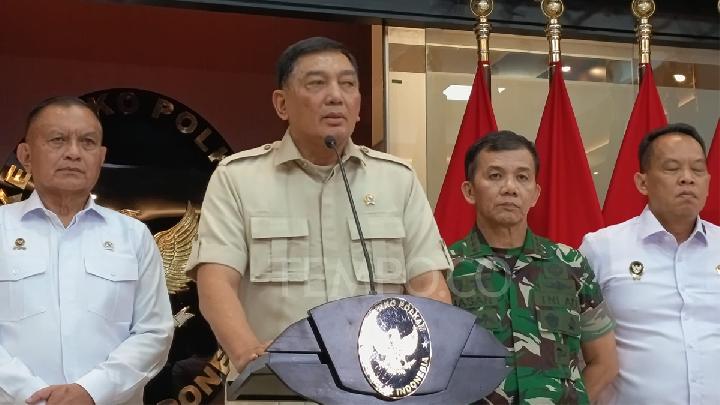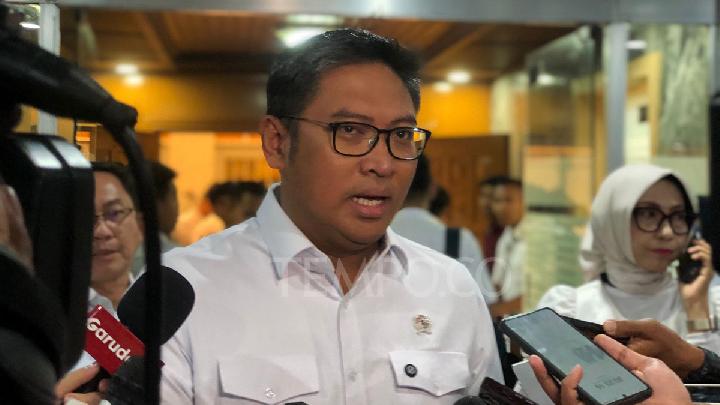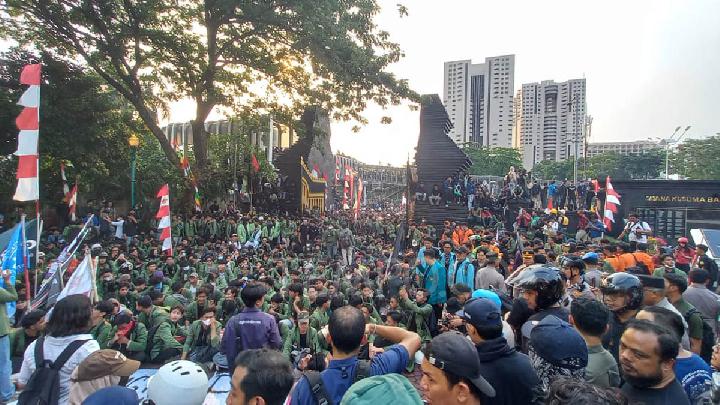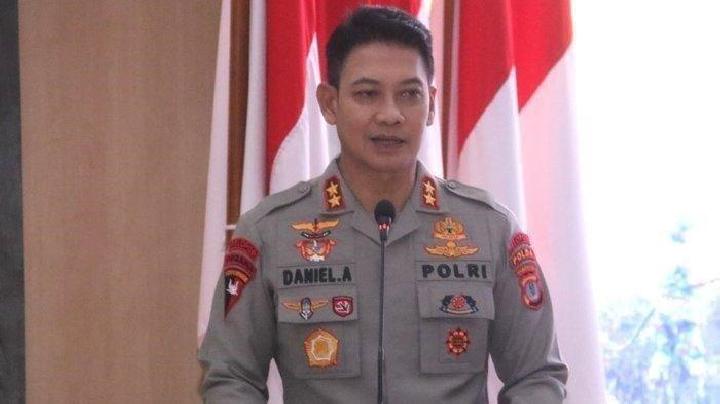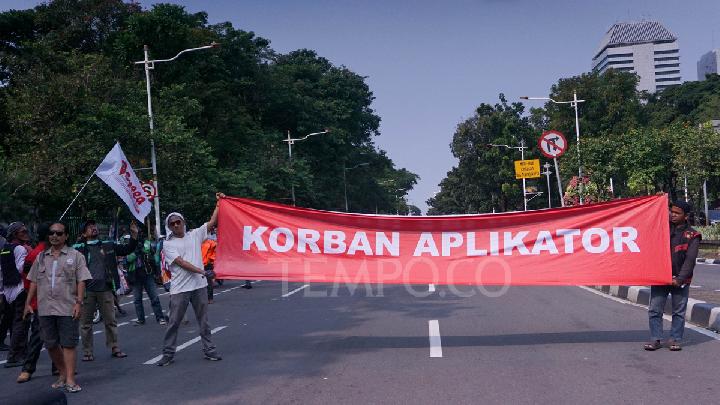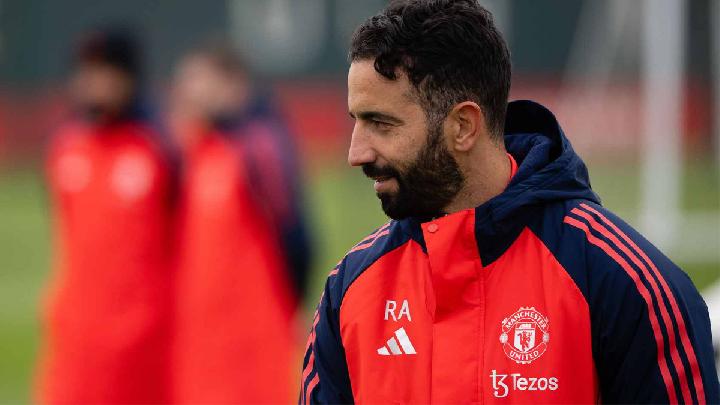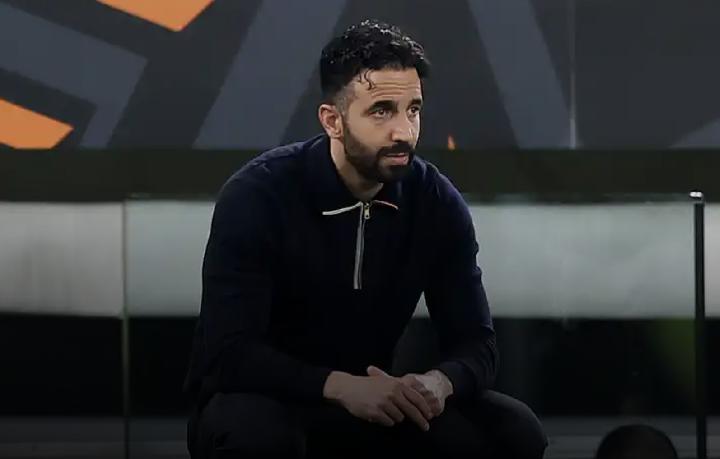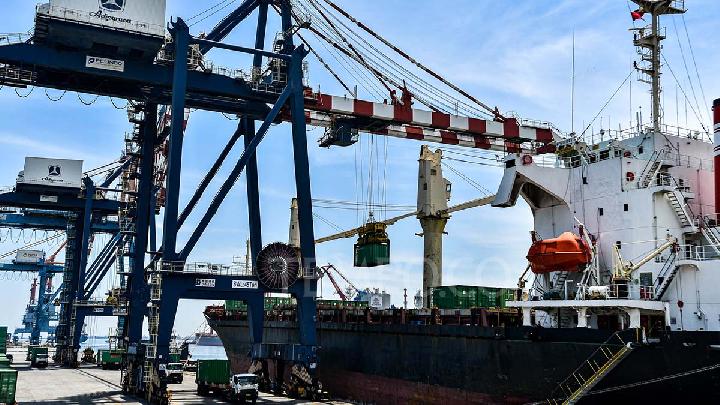Israeli Prime Minister Benjamin Netanyahu is set to pursue a full-scale occupation of the Gaza Strip, according to several Israeli and international media sources. This marks a significant escalation in Israel's military operation to encompass the entire territory, including areas where hostages are believed to be held, as reported by Al Jazeera.
However, this plan faces opposition from within the IDF. More than 600 current and former Israeli officials, including former chiefs of Shin Bet and Mossad, have signed a letter addressed to Trump, urging an end to the Gaza war.
What is Netanyahu's Plan?
Anadolu reported that Netanyahu's war cabinet is prepared to approve the expansion of military operations throughout Gaza. This move is reportedly aimed at dismantling Hamas, securing the release of remaining hostages, and ensuring that Gaza no longer poses a threat to Israel.
Israeli military operations are now expected to widen into densely populated areas and refugee camps. Netanyahu has told his ministers that if the military chief does not agree with this approach, they should consider resigning, as reported by Euronews.
The decision comes as international pressure mounts on Israel to allow unhindered delivery of humanitarian aid into Gaza and to halt military actions, especially in light of the high number of Palestinian casualties and widespread reports of malnutrition.
Netanyahu also faces domestic pressure, with the families of the hostages demanding more action for their release, after new footage revealed the deteriorating health conditions of the hostages.
What Does the IDF Chief Say?
Netanyahu's plan has apparently not been well received by members of the IDF. Several military officials have voiced concerns that full occupation could jeopardize hostages still held by Hamas.
Israeli Army Chief of Staff Eyal Zamir has reportedly expressed frustration in closed discussions over the lack of a "clear strategy" to guide the ongoing Gaza war, Middle East Monitor reported.
Sources indicate that Zamir favors ending the conflict rather than prolonging military operations without a clear and achievable plan. His criticism highlights the military leadership's concern about the lack of direction in the current war effort.
According to reports based on Israeli radio broadcasts, Zamir openly expressed doubts about the effectiveness of continuing the war under strategic ambiguity. He is said to have underscored the need to establish clear objectives and a framework to avoid an endless conflict in Gaza, warning that without such clarity, the military risks engaging in operations with diminishing returns.
These developments emerge amid broader discussions within Israel's defense and political institutions, where disagreements have surfaced regarding the goals and management of the Gaza conflict. Zamir's stance reflects critical views of the existing approach, which some officials criticized for lacking a comprehensive plan for post-conflict governance or control of the territory.
In closed sessions, Zamir emphasized the importance of reassessing the operational roadmap to ensure alignment between military actions and achievable outcomes. His statements reveal internal pressure and debate about securing an end to hostilities and a sustainable resolution.
Testimony from senior Israeli military officials adds to the evolving discourse about the challenges in Gaza, including shortages of soldiers, conflicting objectives such as hostage release versus Hamas infrastructure dismantlement, and the absence of a coordinated strategy effectively addressing these complex issues.
Letter to Trump
More than 600 former senior Israeli security officials have urged U.S. President Donald Trump to pressure Prime Minister Benjamin Netanyahu to end the Israel-Gaza war. Their recent release includes prominent figures such as former Mossad chief Tamir Pardo and Efraim Halevi, former Shin Bet chiefs Ami Ayalon and Yaakov Peri, and former Israeli Deputy Military Chief Matan Vilnai, as reported by Al Jazeera.
The officials argue that the Israeli military has achieved objectives obtainable by force—dismantling Hamas' military formations and governance—and that the hostages return can only be achieved through negotiation.
They warned that continuing the war risks further devastating Gaza and causing Israel to lose its security and identity. The letter urges Trump to leverage his influence and credibility with Israel to direct Netanyahu to stop the nearly two-year-long conflict, release the hostages, and end the suffering.
This parallels Trump's previous role in ending the conflict in Lebanon, stating, "You did it in Lebanon. Time to do it in Gaza as well."
The group emphasizes the urgency, noting that the hostages cannot wait any longer, characterizing the current moment as a "window of opportunity" for fundamental change in Gaza and regional diplomatic momentum supported by an international coalition for peace and security.
Response from Hostage Families
Meanwhile, Israeli military strikes have devastated most of Gaza, driving over two million Palestinian residents towards starvation and drawing widespread international condemnation, including arrest warrants against Netanyahu and others by the International Criminal Court.
The Palestinian Authority and international actors have also warned that this approach risks exacerbating the humanitarian crisis and prolonging the conflict, as the death toll among Palestinians continues to rise and the enclave approaches famine-level conditions.
Netanyahu's stance contradicts warnings from international advocates and Israel's closest ally, the United States, who have said the attacks in Rafah "would be a disaster" and have called for a ceasefire to prevent further civilian suffering.
The families of the hostages emphasize that victory is impossible without the safe return of all captives, underscoring the national significance of this issue amid the ongoing conflict. Political and military leaders continue to grapple with balancing these interconnected objectives. Meanwhile, Israel prepares to intensify its attacks despite international and domestic pressure to seek alternative resolutions.
Editor’s Choice: Israeli PM Netanyahu Reportedly Aims to Control Entire Gaza
Click here to get the latest news updates from Tempo on Google News




